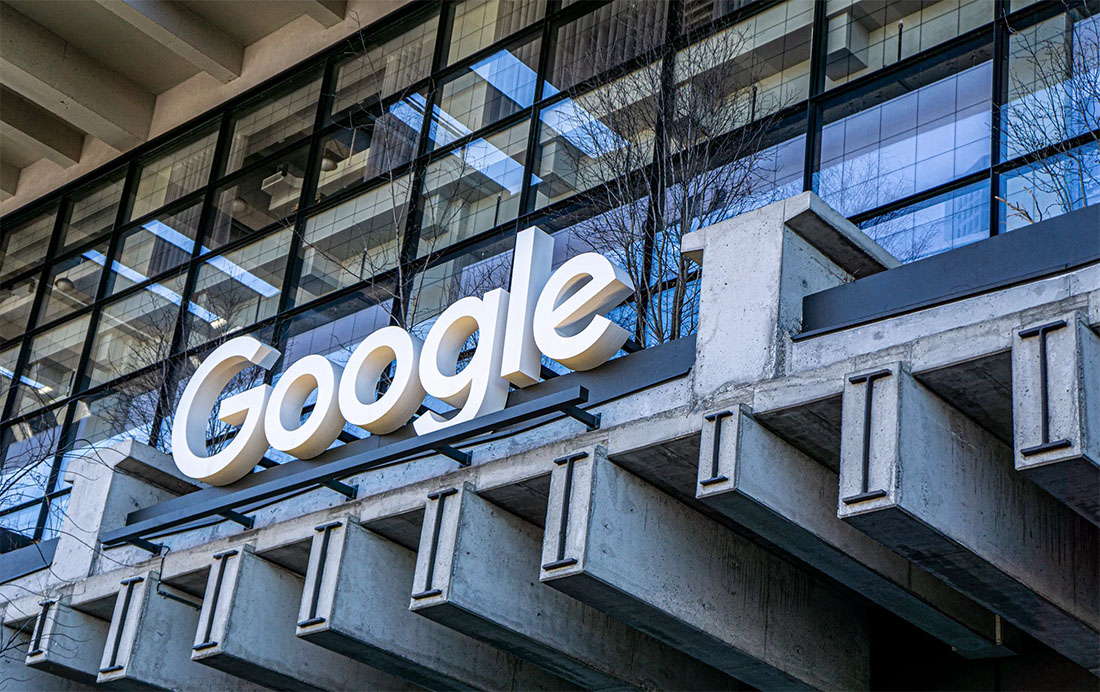Photo Credit: Getty Images
A federal judge delivered a landmark ruling against tech giant Google, declaring its search engine an illegal monopoly in the United States. Judge Amit Mehta stated that "Google is the only real choice" for default search, having achieved this status through unfair practices. This decision marks the second time in a year that Google has been found to violate antitrust laws, following a previous ruling on its Android app store.
The ruling has sparked speculation about potential changes to the internet ecosystem. As Rebecca Haw Allensworth, an antitrust professor at Vanderbilt University Law School, notes: "There's going to be gnashing of teeth over the remedy, and that is going to make it take a long time."
Several key areas could see significant shifts:
1. Diversification of Search Engines: The court may force Google to share its search technology, potentially leading to specialized search engines. Matt Stoller, director of research at the American Economic Liberties Project, envisions "a kid-friendly search engine" or one prioritizing privacy.
2. Apple's Role: The $20 billion annual deal between Google and Apple to make Google the default search engine on Safari could be scrutinized. This might prompt Apple to develop its own search engine.
3. Advertising Costs: With increased competition, advertising prices on search platforms could decrease. As Judge Mehta pointed out, Google currently has "the power to charge artificially high prices for the text ads."
4. Corporate Restructuring: While unlikely, there's a possibility of Google being split into separate entities. Jason Kint, CEO of Digital Content Next, suggests that Google's products should "no longer be allowed to commingle information about what you do."
5. Android App Store Changes: The parallel ruling on Google's app store monopoly could lead to more flexible app installations and potentially lower fees for digital subscriptions.
The timeline for implementing changes remains uncertain. William Kovacic, former Federal Trade Commission chair, estimates that the process could extend to late 2024. Google has already announced its intention to appeal the ruling, potentially delaying any modifications for years.
As the tech world grapples with this decision, the broader implications for innovation and competition in the digital space remain to be seen. The ruling against Google serves as a reminder of the ongoing debate surrounding the power of tech giants and the need for a balanced, competitive digital marketplace.
While the full impact of this ruling is yet to unfold, it marks a significant moment in the tech industry's history, potentially reshaping how we interact with and perceive internet services in the coming years.


